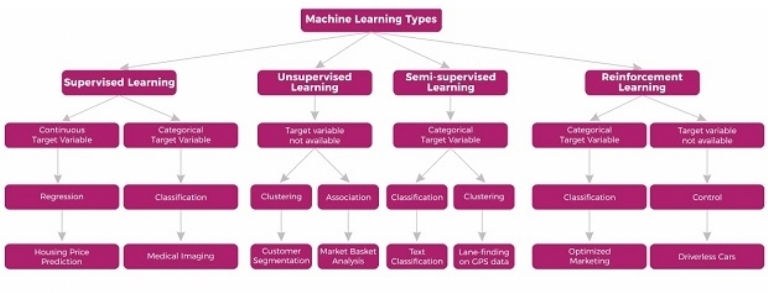

Can machine learning be used for sports bettng?
Firstly, let's clarify what Machine Learning is.
Machine learning is a subfield of computer science that uses statistical techniques to build algorithms that can learn from data. These algorithms can make predictions based on past performance and other data. The goal of machine learning is to find a model that best predicts the future outcomes of events based on past data. Machine Learning has been used in various fields including sports betting and predictive analytics.
In sports betting, machine learning can be used to recommend bets, but it's not so simple. You can't just give a computer a list of past bets and expect it to place future bets for you. The reason is that sports betting is an inherently probabilistic activity: You don't know exactly what will happen, but you can assign probabilities to different outcomes (e.g., team A has a 60% chance of winning).
In the world of sports betting, there are plenty of things to keep track of. You have to know who's playing, what time the game starts, and where it will be played. You also have to know what the weather is like, what the current spread is, and whether any injuries could affect the outcome of the game. And then there are all sorts of other factors that can affect how a team performs on any given day — whether they're playing at home or away if they're up against an opponent they've beaten before or if they're facing off against their division rivals.
On top of all this information, you also need to take into account which player has been performing better than usual lately and what impact his presence (or absence) will have on the outcome of tonight's game. This is where machine learning comes in handy. By using algorithms that analyze historical data and predict future outcomes based on past performance, you can use machine learning to gain an advantage.
Do bookmakers use Machine Learning is sports betting?
The answer is yes. Although the process is not as automated as it could be, bookmakers use their machine learning algorithms to generate the odds of the match. They also use this technology to study past data, calculate risks and make decisions based on that data. For example, if a bookmaker has some information about a player being injured or missing training sessions, they can use it to adjust their odds.
In particular, they look for patterns in goals scored by both teams, time left on the clock, weather conditions, etc., and then use these patterns to predict how likely a particular result is.
Bookmakers also use machine learning algorithms to monitor their customers’ activities and make sure they are not cheating them out of money by betting on multiple accounts or using bots. The algorithms can detect suspicious activity such as these, and take action against them accordingly (i.e. cancel bets).
Is there an algorithm for sports betting?
The short answer is yes, there is an algorithm for sports betting. The long answer is quite a bit more complicated than that.
The first thing you need to know is that there's no such thing as an algorithm that can accurately predict the outcome of every single game. It doesn't exist because sports are complicated and unpredictable.
However, there are several things we do know about sports that can help us make better predictions about future games or events. For example, if one team has been winning all season long against their opponents then they're probably going to win again unless something drastic happens (such as injuries).
Some sports betting strategies can come in handy when betting on one team or league.
Those types of insights make up what we call "machine learning." In these cases, machine learning can analyze large amounts of data from previous events and use algorithms to determine patterns and trends among them.
There are many different types of machine learning algorithms such as neural networks, support vector machines, and decision trees.
Here are some examples of ML types used in other industries:

The future of Machine Learning in betting
The future of betting is machine learning, statistics, and AI. But, are bookmakers prepared for this future?
Despite the number of technological advances, the sports betting industry has seen, the majority of bookmakers rely on simple technology to create bets, process bets and evaluate odds.
The entire market hasn't yet evolved to match audience demands for accessible, sophisticated, and fast-paced betting. But it will do so eventually.
Machine learning also harnesses great power to reduce costs and improve efficiency. Sports betting is one example where machine learning is being used, but it's not the only one.
There are several technologies and companies out there utilizing AI and machine learning, which demonstrates that this technology is already here. It's just a case of whether or not the industry can catch up in time.
Final thoughts on Machine Learning in sports betting
So it seems that machine learning can be used in sports betting. However, it's still early days for this industry, and it will probably take a while before things shift from the old-fashioned bookmakers to the more technological sports betting robots. But let's not forget that the human factor is important in this industry, and it's what makes the games so exciting.
With that said, there are still certain things about machine learning that we have yet to figure out. However, machine learning is already having a positive effect on the sports betting industry.
Source: FeedConstruct Blog